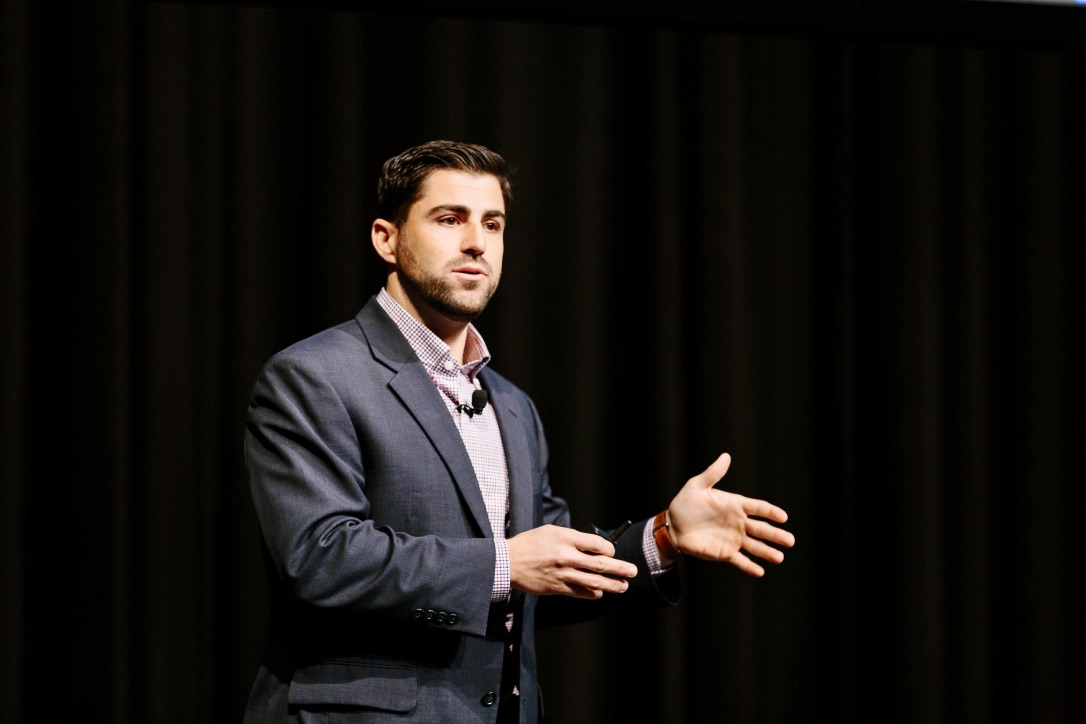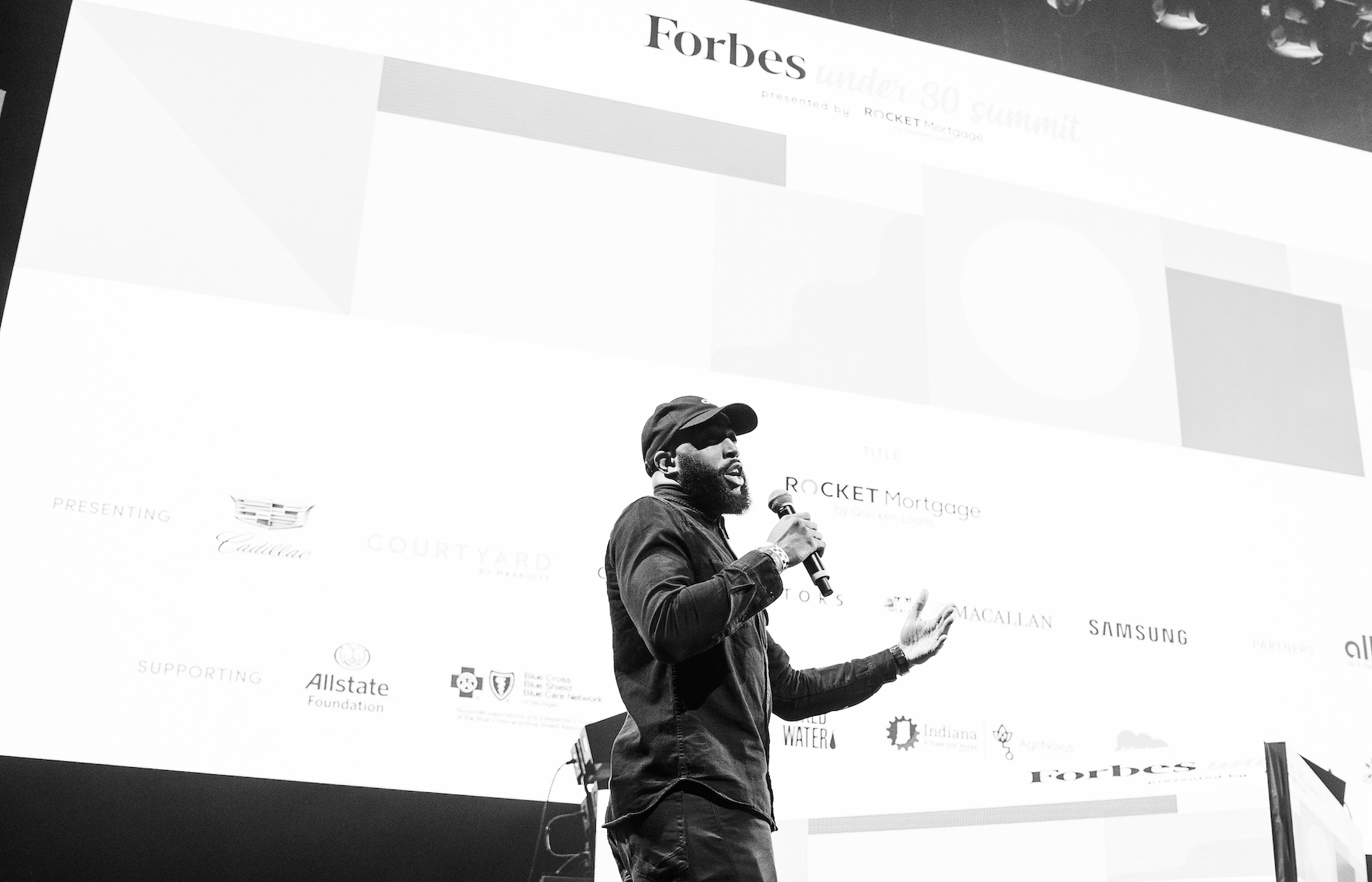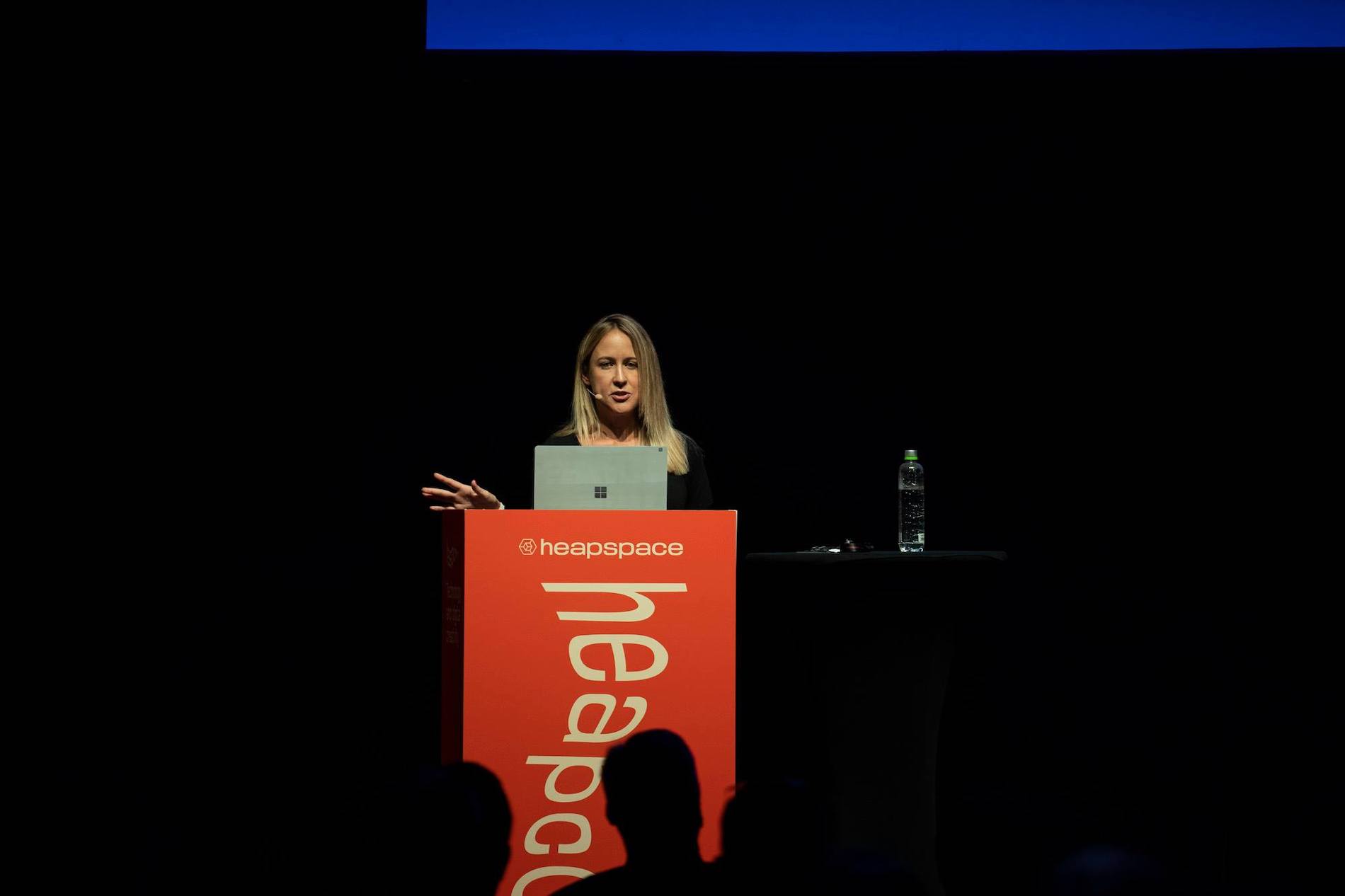
“I hate SMART goals,” Ryan Bennett, founder of The Intentional Day, a company that equips people to be more intentional with their lives, businesses, and teams. “SMART goals don’t work to grow us because they just focus on the outcome instead of focusing on building momentum in our lives, developing new skills and establishing healthy habits.”
In fact, it’s not just SMART goals that Ryan is against. “Goals by themselves just don’t work,” he explained pointing to the study that showed that 92% of goals fail.
“You can’t have only goals because goals just focus on the outcome or the scoreboard and not on the process it takes to develop yourself in a person that’s good enough to achieve your goals.”
“You can't have only goals because goals just focus on the outcome or the scoreboard and not on the process it takes to develop yourself in a person that’s good enough to achieve your goals.” - @RyanABennett Share on XInstead, Ryan Bennett created a four step process for intentional growth (of which goal-setting is one) aimed at intentional success and fulfillment in all aspects of one’s life.
Ryan cultivated this more holistic approach to success while being a founding team member and VP at Idle Smart, a company that makes clean energy products for the trucking industry.
“Over a seven year period, we took an idea that had a patent on it and turned it into a million dollar business with Fortune 500 clients,” Ryan said.
It was during this time that people started coming to Ryan to ask for coaching or mentorship. “Eventually one morning I woke up and I was more excited to help coach somebody that morning than I was to go to my day job,” he explained.
Two years ago, he left Idle Smart to create The Intentional Day, a coaching business through which Ryan helps people to be more intentional in their lives, businesses, and teams.
During a Founders Network event, Ryan will offer insights and advice about why goal setting fails and how to develop real and lasting growth for you and your team.
Register at Founders Network and check if you qualify for full membership and get actionable advice on:
- The 4 major elements of Intentional Growth
- The neuroscience and psychology of our brains for goals, habits, and growth development
- Why establishing Daily Disciplines are the key daily habits needed to achieve a life of success, happiness, and growth
- The importance of establishing growth partners
Here are four examples of the types of takeaways you’ll learn from Ryan’s presentation:
- Record and rewatch your pitches and presentations.
Ryan used to film and watch himself after each at bat when he played baseball. He adopted that same tactic when raising funds for his startup. “I would replay every pitch that I had in front of venture capitalists, and I would analyze, What did I do well? What didn’t I do well? What will I do next time to improve upon that? What questions did they ask that I wasn’t prepared for and now how do I go find those answers? How do I tweak the pitch deck? So every time for me was a learning opportunity moving me towards eventually raising VC dollars.
- Practice speech skills every day.
“Pull some speeches off the internet or record yourself talking and then replay it and watch your public speaking skills. Just spend five minutes a day practicing speaking in public: your cadence, your timing, all that stuff.
- Try out growth partners in your company.
Growth partners are those folks that hold you accountable to your goals or intentions and with whom you can discuss hangups, achievements, and more. Ryan pointed out that the Founders Network is a group of growth partners. “The whole point of it is to have other people to share how you’re growing along the way.”
He recommends trying out growth partners inside your own company. “Have groups pair up based on the same level of expertise and have weekly conversations about how they’re growing and what they’re learning.”
Growth partners work, he explained, “not simply because you’re sharing stuff, but when people actually pause to think about what they’re sharing. It’s just amazing how you have so much more awareness and ahas that come by just pausing and thinking about the week you just had.”
“Great people make great leaders, and if you focus on developing the person, you'll end up with both. If we don't focus on how to become the best person, we're not going to become great leaders.” - @RyanABennett Share on X- Set a daily discipline.
A daily discipline could be anything that you do each day that helps improve your life, such as reading, practicing your speech skills, drinking a gallon of water, etc.
Ryan gave the example of separating out work/home mode:
“Some of the people I help are parents that have younger kids and now that everybody’s working at home, their kids are at home. So establishing a way to switch gears from tactical mode/boss mode to dad or mom mode is really challenging. So a daily discipline we put in place is spending three to five minutes after work’s over to pause for a second and have a little moment to yourself before you go into parent mode.”
One of the goals of these daily disciplines is to begin to be more intentional about how you spend your time and what you get out of it. Starting small can make big differences in your quality of life.
Especially for founders, Ryan’s Intentional Growth Model works by fostering leadership skills. “Great people make great leaders, and if you focus on developing the person, you’ll end up with both. Especially if we have a lot of stress and too much going on, if we don’t focus on how to become the best person, we’re not going to become great leaders.”






